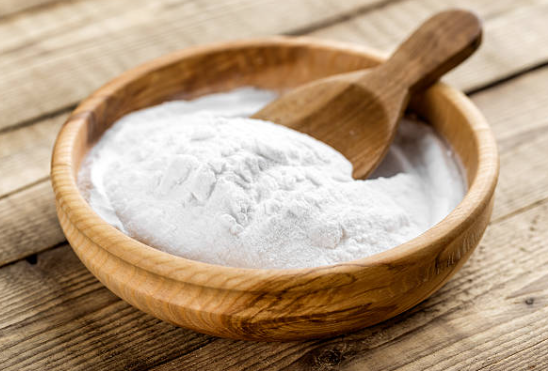Understanding Resistant Dextrin
Resistant dextrin is a type of dietary fiber that has gained popularity due to its potential health benefits. It is derived from starchy foods like corn, potatoes, and wheat, and is known for its ability to resist digestion in the small intestine.
Exploring Maltodextrin
Maltodextrin, on the other hand, is a polysaccharide that is commonly used as a food additive. It is made by breaking down starch, usually from corn or rice, into smaller molecules. Maltodextrin is easily digestible and quickly converted into glucose, providing a source of energy.
The Glycemic Index Debate
One of the key differences between resistant dextrin and maltodextrin is their impact on blood sugar levels. Resistant dextrin has a low glycemic index, meaning it causes a slower and more gradual rise in blood glucose levels compared to maltodextrin, which has a high glycemic index. This makes resistant dextrin a preferred choice for individuals with diabetes or those aiming to manage their blood sugar levels.
The Digestive Benefits
Resistant dextrin, as its name suggests, resists digestion in the small intestine and reaches the large intestine mostly intact. This provides fuel for beneficial gut bacteria, promoting a healthy digestive system. Maltodextrin, being easily digestible, does not offer the same benefits for gut health.
Weight Management and Satiety
Another important aspect to consider is the impact of these two substances on weight management. Resistant dextrin has been shown to increase feelings of fullness and reduce overall calorie intake, making it a potential ally for weight loss. Maltodextrin, on the other hand, may not offer the same satiety benefits and could contribute to weight gain if consumed excessively.
Exercise and Performance
When it comes to physical performance, maltodextrin is often favored due to its ability to provide readily available energy. It is commonly used in sports drinks and energy gels to replenish glycogen stores during intense exercise. Resistant dextrin, although not as quickly absorbed, can still provide a sustained source of energy for longer duration activities.
Dietary Fiber Content
Resistant dextrin is considered a soluble fiber and can contribute to the daily recommended intake of fiber. On the other hand, maltodextrin is not a significant source of dietary fiber and does not offer the same digestive health benefits associated with fiber consumption.
Applications in Food Industry
Maltodextrin is widely used in the food industry as a thickener, stabilizer, or bulking agent due to its ability to improve texture and increase shelf life. Resistant dextrin, although not as commonly used, is gaining popularity as a healthier alternative in various food products, including functional beverages, baked goods, and dietary supplements.
Special Considerations: Allergies and Sensitivities
Individuals with gluten sensitivity or celiac disease should be cautious when consuming maltodextrin, as it can be derived from gluten-containing grains. Resistant dextrin, on the other hand, is generally considered gluten-free. It is always important to read labels and confirm the source of maltodextrin to ensure it is safe for consumption.
Making the Best Choice
Ultimately, the choice between resistant dextrin and maltodextrin depends on your specific health goals and dietary needs. If you are looking to manage blood sugar levels, improve gut health, or aid weight loss, resistant dextrin may be the better option. However, if you require a quick source of energy during physical activity or seek to enhance the texture and shelf life of food products, maltodextrin may be more suitable.

